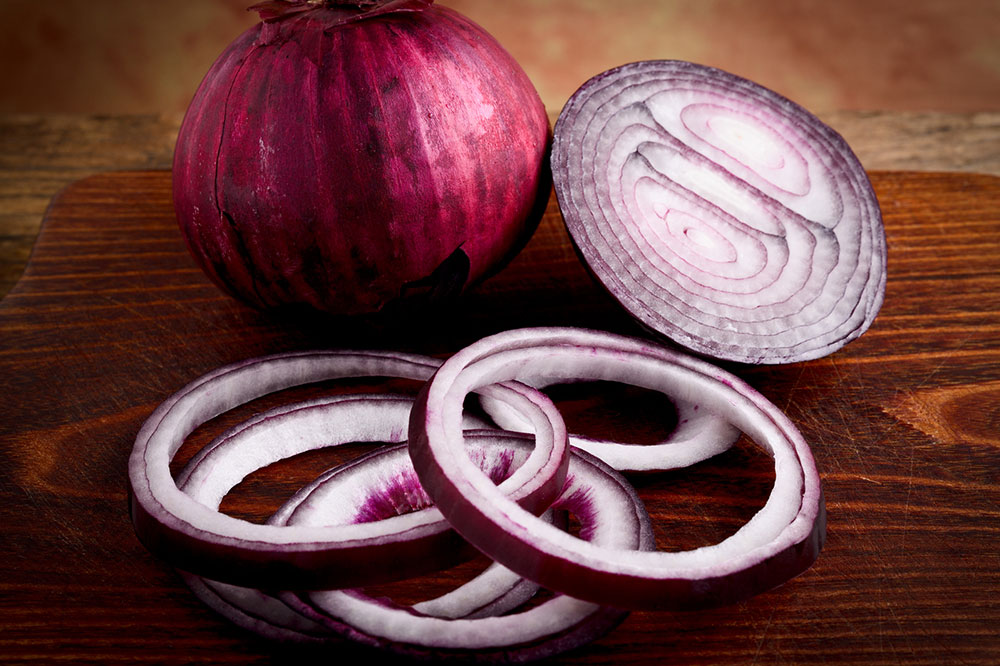5 Harmful Human Foods for Cats
Our pets are a part of our family. We ensure that they are at their best. We spoil them but also take care of their health and safety. When it comes to foods, we often let them help themselves from our plates. But this practice can cause more harm than good. Remember, human foods are not always safe for your furry friends. This article will focus on five harmful human foods for cats and their effects.
1. Raw meat
Many think that cats are natural predators, and therefore it is okay for them to consume raw meat. But this can prove harmful to your cat.

2. Onions and garlic
While humans love the occasional garnish, it is best avoided when it comes to your pet cats. You should avoid feeding them foods such as onions, garlic, and even shallots as they can damage red blood cells (RBCs) and cause anemia in cats.
3. Chocolate
Already widely known to be harmful to dogs, chocolate and cacao can also be dangerous to your pet cats. It contains an element known as theobromine that can lead to a build-up of chocolate toxicity in cats. Its symptoms can range from diarrhea to vomiting, and it can be fatal if not treated on time. Dark and unsweetened chocolate is the most toxic. So avoid feeding them to your cat.
4. Grapes and raisins
When it comes to these delicious fruits, there is no substantial data explaining how they affect cats. So far, research has shown the toxic effects of grapes and raisins in dogs. But, it is best to avoid feeding your pet cats grapes as there are still many unknown toxic effects. TThe ASPCA Animal Poison Control Center also supports this piece of advice. If your cat has consumed grapes or raisins, it is best to get them to the vet immediately.
5. Dairy products
There is a common misconception that dairy and dairy products are good for your pets – both cats and dogs. However, research has shown that consuming dairy products can lead to diarrhea, vomiting, and even upset their entire digestive tract. This is because cats are usually lactose intolerant. The same rule applies to kittens as well. Cow’s milk and its byproducts are best avoided.

